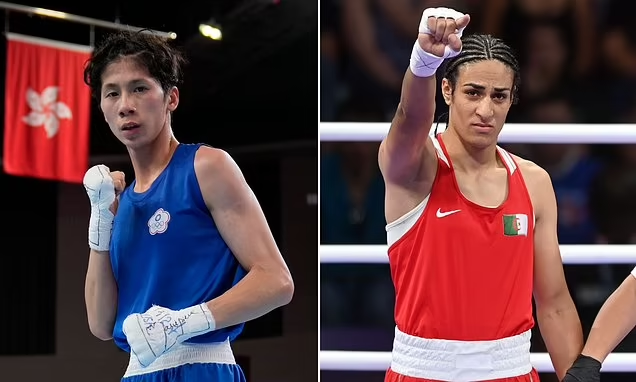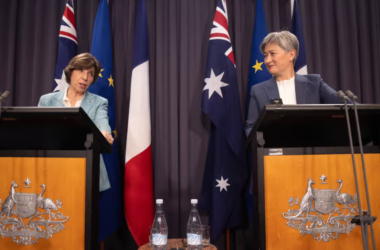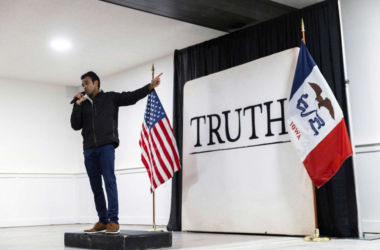The International Boxing Association (IBA) and the International Olympic Committee (IOC) are at odds over the eligibility of two boxers, Imane Khelif and Lin Yu-Ting, who failed gender tests ahead of the Paris Olympics. The dispute highlights growing tensions between sports organizations over how to handle sensitive issues surrounding gender identity and athlete eligibility.
The controversy began when Khelif and Lin were disqualified from the IBA World Championships in 2023 after tests conducted in 2022 and 2023 reportedly showed that they did not meet the eligibility criteria for female competitors. The IBA, which has maintained its decision as “justified,” emphasized that their primary concern is the safety and well-being of all athletes.
“We absolutely do not understand why any organization would put a boxer at risk with what could bring a potential serious injury within the ‘Field of Play’ (FOP),” the IBA stated. “We are protecting our women and their rights to compete in the ring against equal rivals, and we will defend and support them in all instances; their hopes and dreams must never be taken away by organizations unwilling to do the right thing under difficult circumstances.”
IBA President Umar Kremlev was even more direct, citing DNA tests that revealed the athletes had XY chromosomes, traditionally associated with male biology. “Based on DNA tests, we identified a number of athletes who tried to trick their colleagues into posing as women. Such athletes were excluded from competition,” Kremlev said.
Despite the IBA’s stance, the IOC allowed Khelif and Lin to compete in the Olympic Games, leading to further controversy. The IOC criticized the IBA for what it called a “sudden and arbitrary decision” to disqualify the athletes without due process. According to the IOC, these athletes had been competing at a high level for years, and their disqualification at the end of the World Championships was both unexpected and unfair.
“The current aggression against these two athletes is based entirely on this arbitrary decision, which was taken without any proper procedure,” the IOC said in a statement. The organization also highlighted that the decision to disqualify the athletes was initially made by the IBA Secretary General and CEO, and only later ratified by the IBA Board. The IOC further criticized the IBA for not having a clear procedure on gender testing in place at the time of the decision.
The clash between the IBA and IOC underscores a broader debate within sports over how to balance fairness, safety, and inclusivity. The IBA’s firm stance on protecting female athletes and ensuring they compete on an equal playing field is a position that resonates with those who believe in maintaining the integrity of women’s sports. On the other hand, the IOC’s emphasis on due process and the rights of athletes who have been competing for years suggests a more cautious approach, one that seeks to navigate the complexities of gender identity in sports.
As this issue continues to unfold, it is clear that the IBA and IOC’s differing perspectives will have significant implications not only for boxing but for the wider sports community as it grapples with similar challenges in the future.








